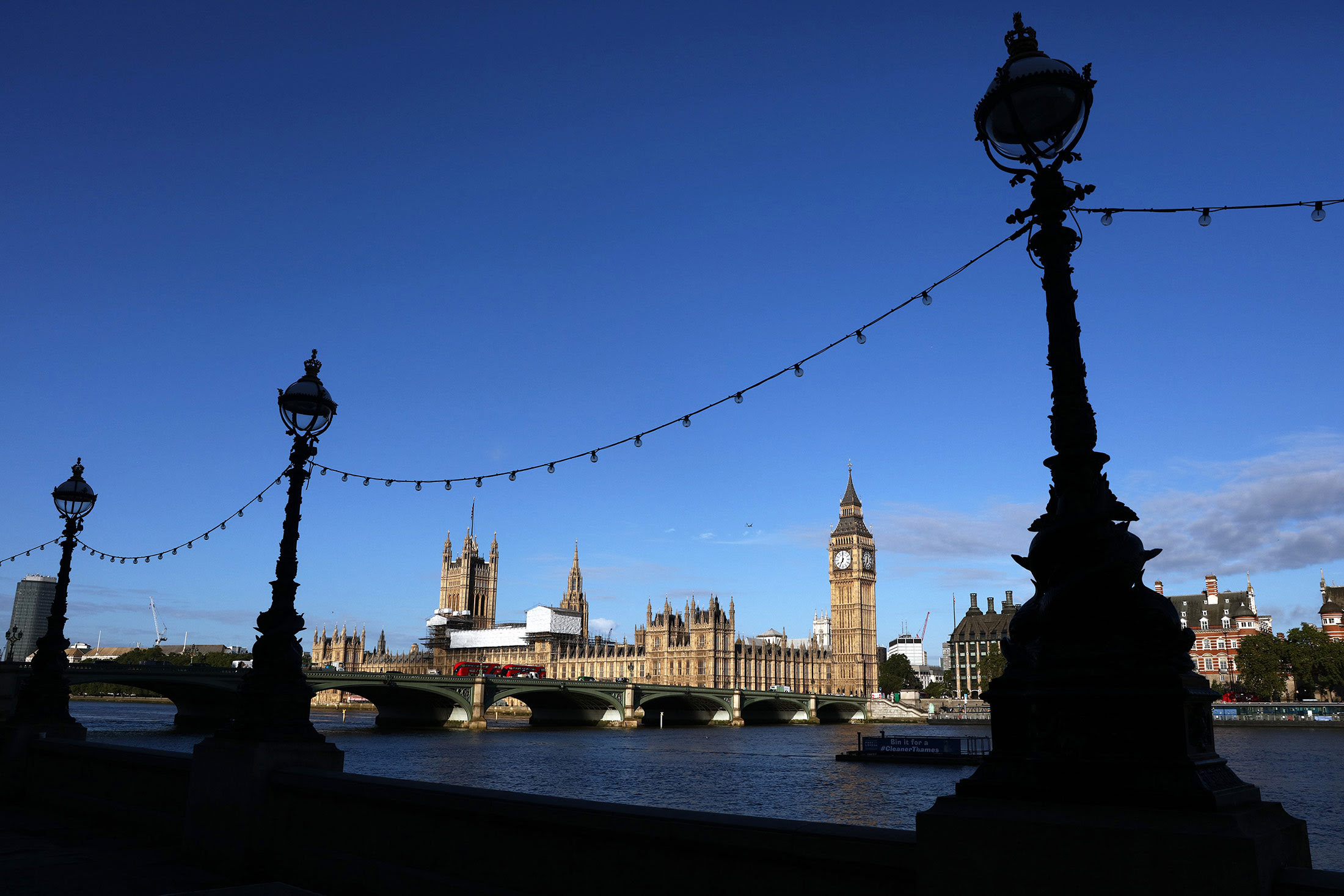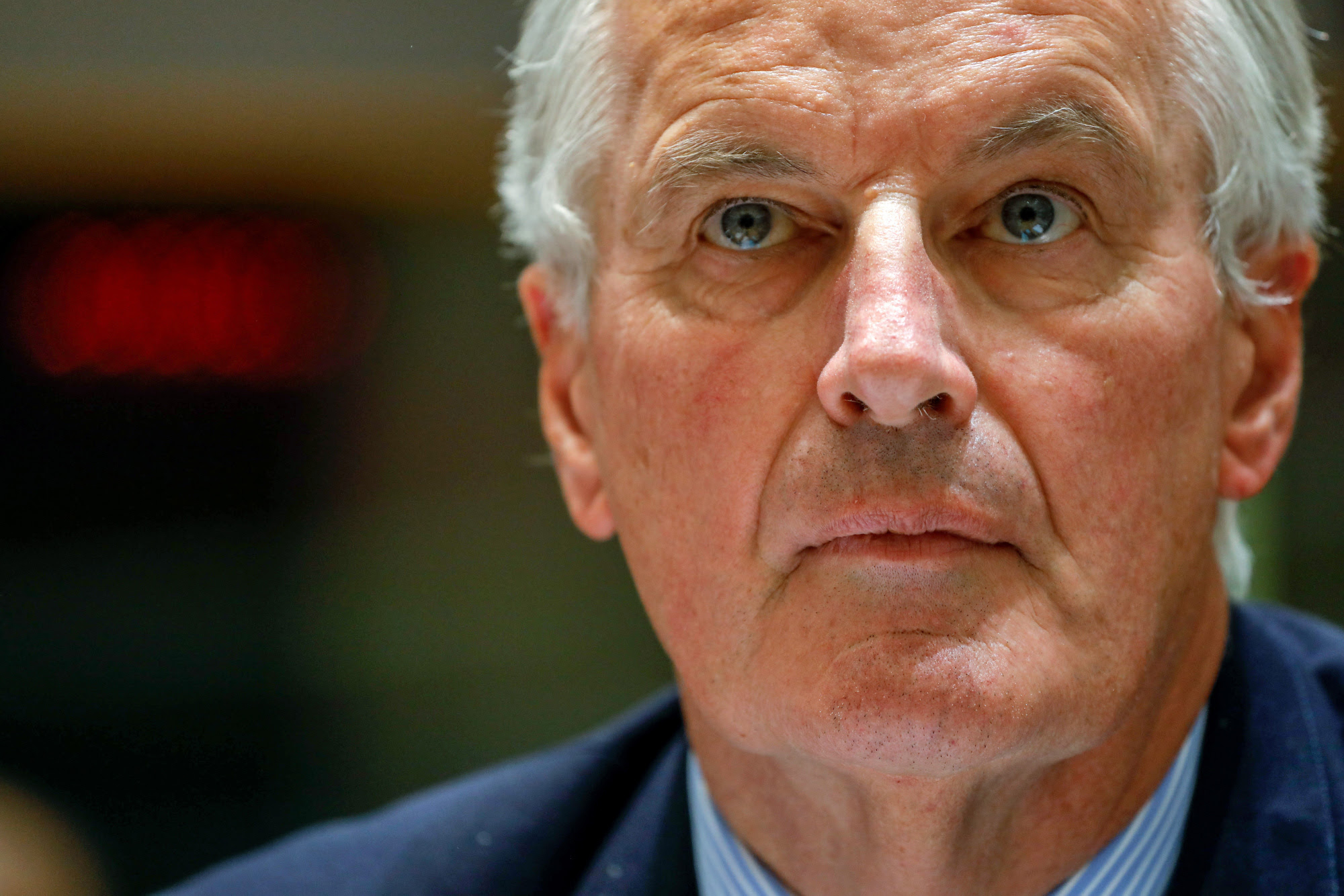The bill is getting bigger
The Brexit bill might just have got even bigger.
As negotiators haggle line by line over what each side thinks Britain should pay when it leaves, the latest budget data include some unwelcome numbers. The European Union’s liabilities grew almost 4 percent in 2016, with the cost of pensions for EU officials and lawmakers rising more than 5 percent, according to budget documents obtained by Bloomberg’s Ian Wishart and Marine Strauss.
Pension costs are already one of the trickiest bits of the bill—Brexit Secretary David Davis called them “debatable” at the weekend—and the latest data will sharpen that debate. Swelling EU costs will also provide fodder for British euroskeptics who would rather Britain walked away without paying anything, and who object to Prime Minister Theresa May’s offer to keep paying into the EU budget for two years after Brexit.
Negotiators need to take into account costs that will continue to rise until then, not just current liabilities. That’s why it’s impossible to publish a final figure for the bill until the last minute. A rare piece of good news for May is that EU officials realize how difficult any sum will be for her to sell politically, and could help her disguise the true cost through a series of different type of payments. A grand total may never actually be revealed, a person familiar with the talks said.
Still, the EU has insisted that the outline of a deal on the bill needs to be reached before talks can move on to the future relationship. That looked increasingly out of reach on Tuesday as European Council President Donald Tusk—an ally of the U.K. who has said he’d like Britain to come back to the fold—said not enough progress had been made. If trade talks get pushed back to December, that leaves less than a year for a deal to be hashed out before the U.K. tumbles out.
— by Emma Ross-Thomas

Brexit Latest
Irish Bet | Ireland reckons the transition period that Britain needs to move from EU membership to its new relationship will take five years. That’s more than twice as long as May wants, according to a person familiar with the situation. It’s certainly what Ireland would like to happen. The one thing the Commission and U.K. government agree on, however, is that any transition needs to be time-limited.
Banker Brawl | Two of Europe’s best-known bankers had it out over Brexit on Tuesday. Bob Diamond says Brexit is bringing the continent together, or at least benefiting its banks. UBS Group’s Sergio Ermotti said the EU is broken and will fail if it doesn’t embrace federalism.

Business and Labour | Labour’s Brexit position was starting to go some way to warming its relationship with business. That was set back a few years on Tuesday when Shadow Chancellor John McDonnell started talking about his plans for nationalization and preparing for a run on the pound.
New Friends | Fearing an uncertain future trading relationship with its closest and biggest neighbor, the U.K. wheat industry is seeking new markets. The latest target: Egypt, Bloomberg’s Manisha Jha reports.
Boris Back | Foreign Secretary Boris Johnson will host the launch of a think tank pushing for a hard Brexit. Trade Secretary Liam Fox will also attend the Institute for Free Trade’s party at the Foreign Office on Wednesday night. The occasion could be seen as a test of Johnson’s ability to stick the script in his first setpiece appearance since May’s Florence speech.
On the Markets | The pound fell on Tuesday as Tusk said not enough progress had been made, dimming chances of talks moving on to trade in October.




Comentarios
Publicar un comentario